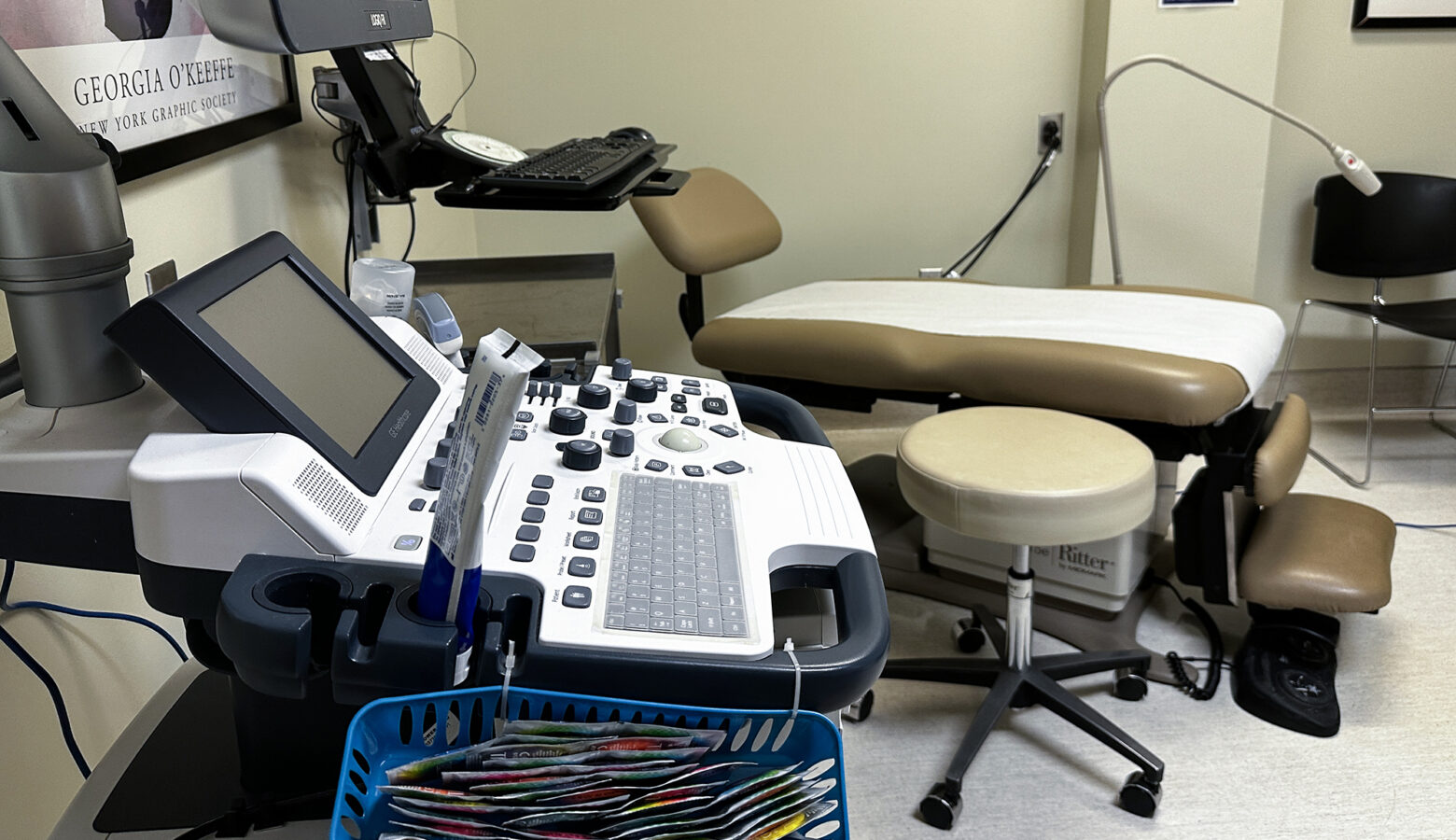Data will need time to reflect Indiana’s near-total abortion ban effects, expert says

It’s been nearly one year since Indiana’s near-total abortion ban took effect, limiting access to care to just a few narrow exceptions. It will take some time for data to better reflect the impact the law has had on Hoosiers.
Indiana already has some of the worst infant and maternal mortality rates in the country. However, some researchers are concerned that the number of deaths and complications will increase under the near-total ban.
Tracey Wilkinson, an associate professor of pediatrics, obstetrics and gynecology at the Indiana University School of Medicine, said part of the reason for Indiana’s high mortality rates is that the state already had abortion care restrictions.
“When we talk about our high rates of infant and maternal mortality, you have to also acknowledge that that was related to the fact that accessing comprehensive reproductive health care was a challenge long before our abortion ban went into effect,” Wilkinson said.
Wilkinson said it will take some time for data to reflect how the near-total ban may change those rates.
“We are all bracing to kind of see the data that we anticipate we will see in a state with an abortion ban,” Wilkinson said.
Wilkinson said there are several factors that play into Indiana’s wait for data. This includes how much time it takes to collect, process and analyze it. In addition, the definition of what qualifies as a case of infant or maternal mortality includes deaths up to one year post-delivery.
“We really are going to just now start, at the one year anniversary, seeing that data start showing some of these impacts,” Wilkinson said.
Join the conversation and sign up for the Indiana Two-Way. Text “Indiana” to 765-275-1120. Your comments and questions in response to our weekly text help us find the answers you need on statewide issues and the election, including our project Civically, Indiana.
Some states already have more data that shows the full effect of an abortion ban, such as Texas. Wilkinson said the data there shows worsening mortality rates as a result of the ban. She also said the state has had an increase in congenital syphilis rates, which is considered preventable.
“When you criminalize pregnancy, people avoid going to health care places because they’re scared. They’re worried that they’re going to be arrested, or their kids might be taken away, or the baby that they’re carrying might be taken away,” Wilkinson said.
Wilkinson said some providers and researchers are concerned about how bans and restrictions will affect public health outcomes and access to care moving forward.
CLARIFICATION: A previous version of this story omitted Dr. Wilkinson’s speciality in pediatrics. For the purpose of clarity, that has been added.
Abigail is our health reporter. Contact them at [email protected].
